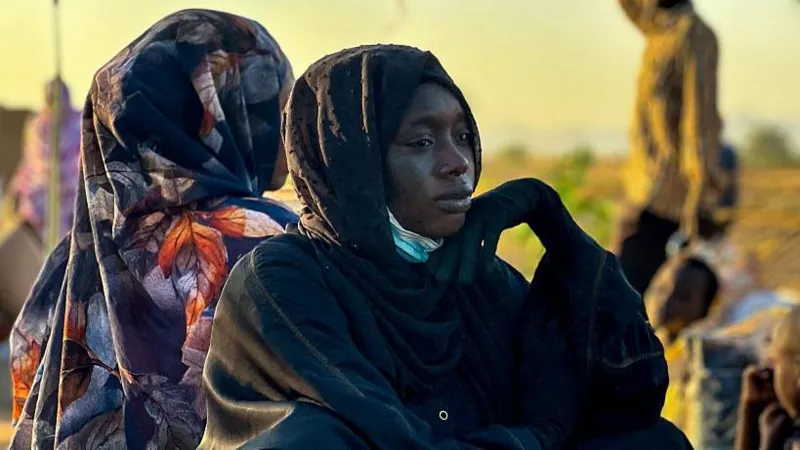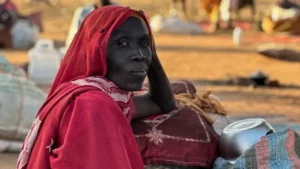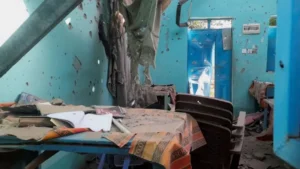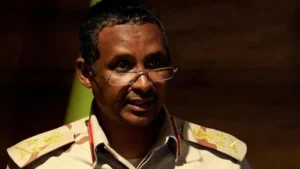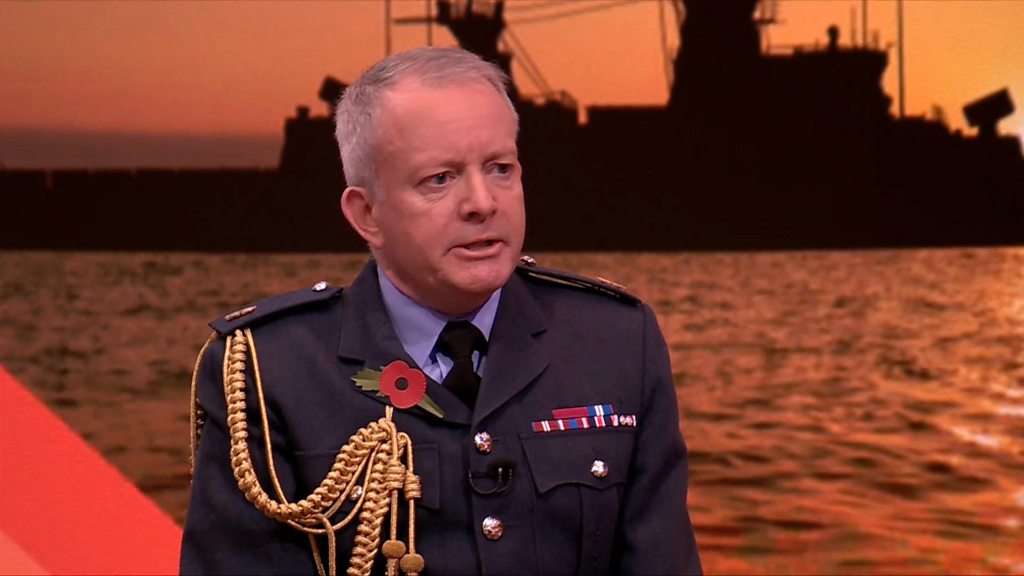Evidence of Atrocities in El-Fasher
Fresh evidence from Sudan’s war-torn city of El-Fasher suggests systematic killings and ethnic violence by the Rapid Support Forces (RSF). Human rights groups and aid organizations warn that the events mirror the Darfur genocide of the early 2000s.
After an 18-month RSF siege, El-Fasher’s fall has exposed the brutal realities of Sudan’s civil war between the paramilitary RSF and the national army. Witnesses, satellite images, and videos point to mass executions, forced displacement, and ethnic targeting.
Roots of the Violence
The RSF originated from the Janjaweed militias, which killed hundreds of thousands of non-Arab civilians in Darfur two decades ago. Now, the RSF is accused of repeating those atrocities as it battles the Sudanese army for control.
Although RSF leader Gen Mohamed Hamdan Dagalo—known as Hemedti—has denied orders for ethnic killings, he admitted on Wednesday to “violations” committed by his fighters in El-Fasher.
Chilling Reports and Evidence
Gruesome videos shared by RSF members themselves appear to show executions of civilians, celebrations over corpses, and the abuse of captives.
Satellite images from Yale University’s Humanitarian Research Lab show potential mass grave sites—clusters of bodies and dark red soil believed to be soaked in blood.
Researchers concluded that El-Fasher appears to be undergoing a “systematic and intentional process of ethnic cleansing” targeting indigenous non-Arab communities through summary executions and forced displacement.
Survivor Testimonies
Civilians who escaped describe scenes of horror.
“The situation in El-Fasher is extremely dire,” one survivor told local media. “People are shot on the roads, young and old alike.”
Others recounted how RSF soldiers separated men from women and executed them near the city’s earthen barricades.
Aid workers report that the Zaghawa tribe, aligned with local defense forces, has been a primary RSF target—deepening the ethnic dimensions of the war.
Repetition of a Dark History
Observers note striking parallels between the Darfur massacres of 2003 and current RSF tactics. The army has also been accused of retaliatory violence against ethnic groups linked to RSF support in Sennar, Gezira, and North Kordofan.
“Both sides are committing atrocities,” says Emi Mahmoud of the IDP Humanitarian Network. “There is no safe place—not even in Khartoum.”
According to Protection Approaches, an NGO focused on mass-atrocity prevention, the RSF has developed a repeatable method:
-
Encircle target towns
-
Cut off resources
-
Attack weakened populations through arson, sexual violence, and massacres
Experts describe this as a “deliberate strategy of genocide.”
RSF Response and International Pressure
Gen Dagalo has apologized for the “disaster” in El-Fasher and announced an internal investigation, promising public accountability. However, similar pledges made after the 2023 El-Geneina massacre, which killed up to 15,000 Masalit civilians, were never fulfilled.
Analysts doubt whether Dagalo can control RSF factions composed of loosely organized militias and foreign mercenaries from Chad and South Sudan.
Calls for Global Action
Humanitarian experts, including Yale’s Nathaniel Raymond, urge immediate international intervention to prevent another mass atrocity.
“We warned the UN, US, UK, and France that this would happen,” Raymond said. “This cannot end with a press conference—it requires action.”
Activists have also called for pressure on the United Arab Emirates, accused of supplying weapons to the RSF—an allegation the UAE denies despite UN evidence.
Comparing El-Fasher to the siege of Sarajevo and the Srebrenica massacre, aid workers warn the world may again be witnessing a preventable genocide.


